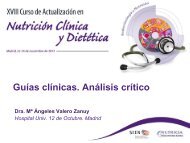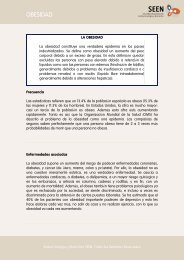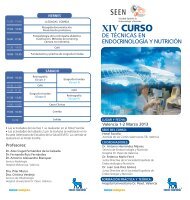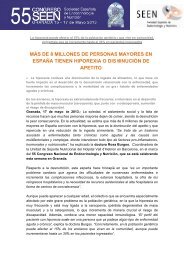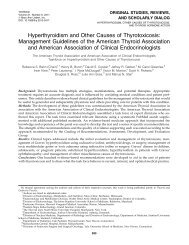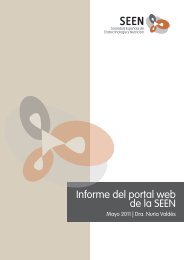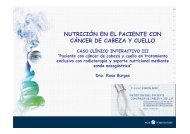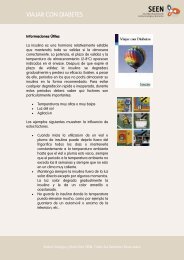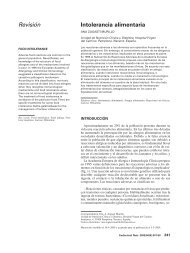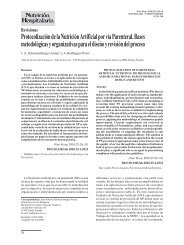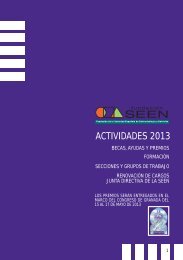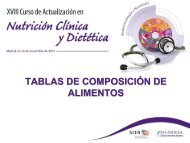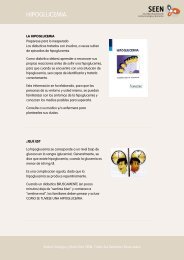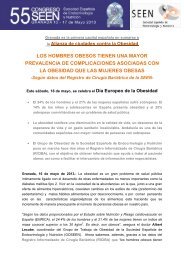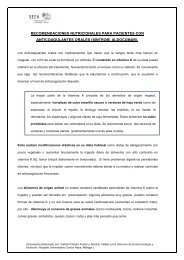Basic Concepts of Fluid and Electrolyte Therapy
Basic Concepts of Fluid and Electrolyte Therapy
Basic Concepts of Fluid and Electrolyte Therapy
Create successful ePaper yourself
Turn your PDF publications into a flip-book with our unique Google optimized e-Paper software.
if no clinical response <strong>and</strong> no pulmonary oedema administer<br />
further 500 ml <strong>of</strong> crystalloid, reassess clinically <strong>and</strong> discuss<br />
with senior member <strong>of</strong> team<br />
if clinical response to fluid bolus continue with further fluids<br />
<strong>and</strong> discuss further fluid therapy management plan with<br />
senior member <strong>of</strong> team<br />
If the patient develops oliguric AKI (< 0.5 ml/kg/24 hrs) despite<br />
adequate volume resuscitation consider the patient as having<br />
volume unresponsive AKI. Further excessive fluid resuscitation<br />
may result in pulmonary oedema.<br />
If the patient has volume unresponsive AKI continue with iv<br />
fluids cautiously, matching urine output <strong>and</strong> monitoring for<br />
signs <strong>of</strong> respiratory distress (rising respiratory rate, pulmonary<br />
oedema or falling oxygen saturations).<br />
Specific treatment <strong>of</strong> complications <strong>of</strong> AKI<br />
Hyperkalaemia may be associated with<br />
muscle weakness, palpitations, paraesthesia<br />
ECG changes-loss <strong>of</strong> P-waves, wide QRS complexes, peaked<br />
T waves<br />
It must be remembered that unless the cause <strong>of</strong> the AKI is<br />
treated the measures described are only temporary. The potassium<br />
will need to be monitored closely until recovery <strong>of</strong> sufficient<br />
kidney function to excrete potassium or RRT.<br />
Immediate treatment required if<br />
K + > 6.0 mmol/l with ECG changes or<br />
K + > 6.5 mmol/l with or without ECG changes<br />
88



